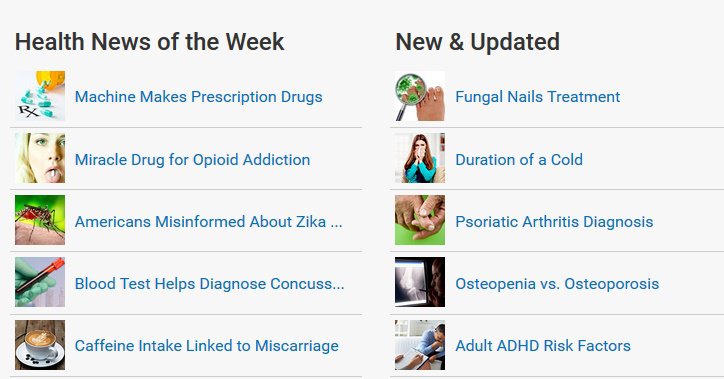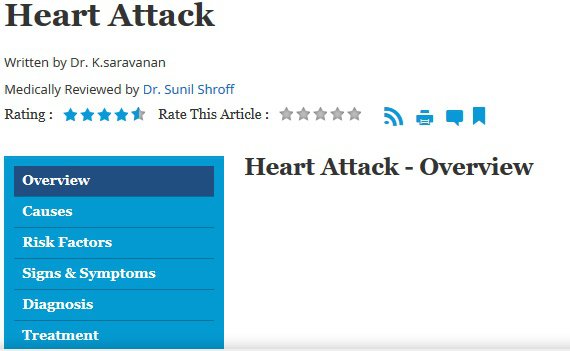Most of us turn to Google each time we experience troublesome or inexplicable symptoms, when we want home remedies to problems or think we have a condition that is too embarrassing to speak to a doctor about. However there is a lot of misinformation out there. There are quacks trying to peddle their products, alternative remedies claiming to offer miracle cures and quick, side-effect-less remedies, untested and possibly dangerous therapies masquerading as new medical breakthroughs.
So who can you trust? While any and all self-diagnosis and self-medication is dangerous and strongly ill-advised, these websites can help allay baseless apprehensions or give you an idea of what you’re possibly up against.
MayoClinic.org

Mayo Clinic is one of the best known and most trusted sources of medical information. This is a nonprofit medical research group that offers easy to use, accurate and reliable information. Find tips for a healthy lifestyle, check your symptoms, know more about various diseases and chronic conditions, read about drugs and supplements, tests and procedures that could address your concerns.
Medicinenet.com

Medicine Net helps you find detailed information about conditions, symptoms, medications and about general health and well being. Find solutions to common problems, tips to manage chronic problems, the newest medical developments and research news and also use the MedTerms Dictionary to find out what complicated sounding medical jargon actually means. The website also has a Pet Health segment.
Medline Plus

Medline Plus is an authoritative and up to date health resource that tells you more about common and uncommon health problems, drugs and supplements and also has resources such as an extensive video library, games, quizzes and a medical encyclopedia.
Resources for specific conditions

For specific conditions that are both common and life threatening, you can get some additional information or medical news updates and management tips from specific websites such as these:
For heart disease
For cancer
For diabetes





